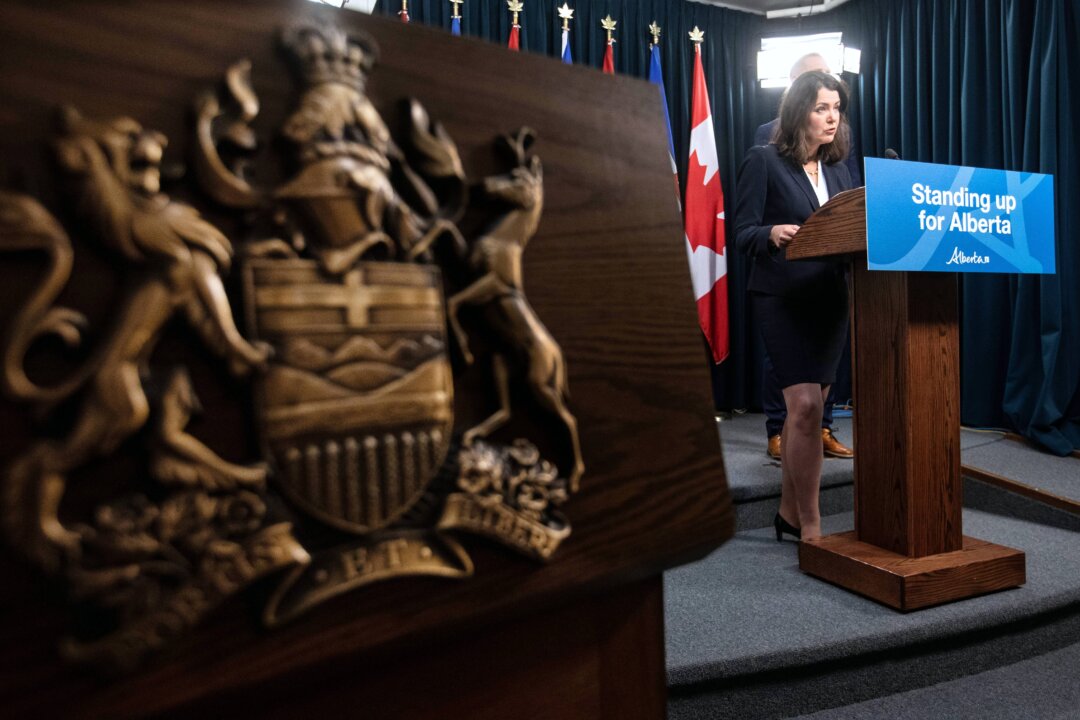The Canadian government will soon be sending out random invitations to citizens and permanent residents, allowing them to sponsor a parent or grandparent to come to live in Canada.
Invitations to potential sponsors will go out beginning May 21, according to a government website.
Immigration, Refugees and Citizenship Canada says it plans to send 35,700 invitations to those who filled in an interest to sponsor form in 2020. The goal is to accept 20,500 applications.
Those who are invited to become sponsors must be at least 18 years old, live primarily in Canada, be a citizen or permanent resident, or a person registered as an Indian under the Canadian Indian Act.
Eligible individuals must also have enough money to support those they want to sponsor and will be asked to provide proof of income. Spouses and common-law partners can co-sign the application to have their income considered.
Becoming a Sponsor
Sponsors are expected to sign an agreement, called an undertaking, and commit to supporting those they are sponsoring for a period of time. For parents and grandparents, that means sponsors need to financially provide for them for 20 years. For those living in Quebec, it is 10 years.
As part of the application process, a sponsor will need to provide proof of income for the past three tax years by including a notice of assessment from the Canada Revenue Agency.
A government table is included on the website that indicates the income threshold needed to become a sponsor, depending on how many people are in the family. For example, for a family of two, a sponsor’s 2021 income needs to be at or above $32,898. That income should be $43,082 for 2022, and $44,530 for 2023.
The parents or grandparents being sponsored are not permitted to apply for financial assistance from the government.
“If they receive social assistance during the time you’re responsible for them, you’ll have to re-pay the amount,” the government said on its website. “You won’t be able to sponsor anyone else until you’ve re-paid it.”
Sponsors are not able to get out of this financial responsibility even if their parents or grandparents obtain Canadian citizenship, according to the website.
Some individuals may not qualify to sponsor a parent or grandparent. These include those who are in jail, didn’t pay back an immigration loan, have child support arrears, failed to provide financial support for a previous sponsorship agreement, have declared bankruptcy, are on social assistance (excluding disability), or are to be deported. Anyone who has been convicted of a violent criminal offence, an offence against a relative, or sexual offence either inside or outside of Canada are also excluded.
Application Process
Potential sponsors will receive an invitation between May 21 and June 4, according to the government information.
After the invitation is received, sponsors can submit the application forms online through the permanent residence portal. These should include both the sponsorship application and the parent or grandparent application for permanent residence. The parent or grandparent also needs to submit all the application forms online.
The application fee for processing is $1,205, according to the government website.
Once the application has been submitted, sponsors can track the status online. Some changes to the application can also be made online, including withdrawal of the sponsorship.
The processing time as of May 7 for a sponsorship application of a parent or grandparent is 20 months for those living outside of Quebec and 33 months for those living in Quebec, according to the government website. However, the government says that times can vary depending on the application.
Sponsors and applicants will receive a notice after the application has been submitted that will ask for additional information, including police certificates, medical exams, and biometric information, such as fingerprints and photos.
If the application is approved, the parents or grandparents will receive a document from the Canadian government. However, if the application is denied, applicants will receive a notice about why it was refused, and how to appeal the decision.














 English (US) ·
English (US) ·  Turkish (TR) ·
Turkish (TR) ·